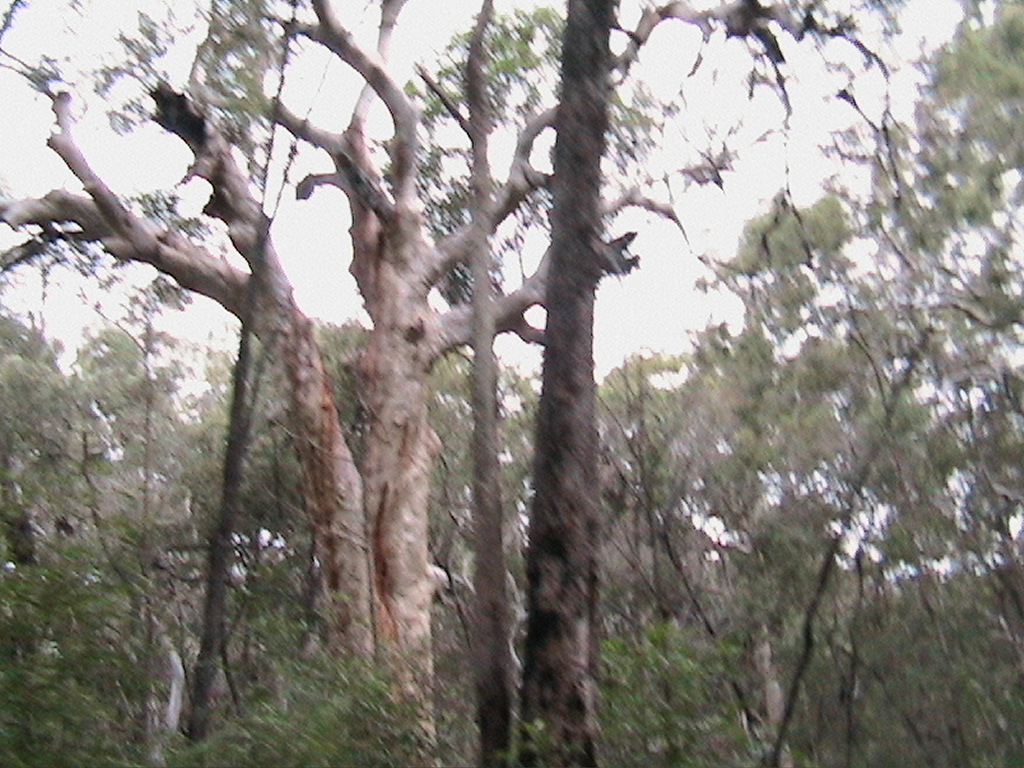The taxation of resource extraction indeed stirs significant debate among various stakeholders, including governments, environmentalists, industry leaders, and local communities. On one hand, proponents of taxing resource extraction argue that it enables governments to generate substantial revenue, which can be reinvested into public services, infrastructure, and environmental protection efforts. This revenue is particularly important for nations rich in natural resources, as it can help fund development and mitigate potential negative impacts associated with extraction activities.
On the other hand, opponents of such taxation often raise concerns about its potential to discourage investment in the resource sector. They argue that high taxes can lead to reduced exploration and production, which could ultimately result in job losses and decreased economic stability in regions dependent on these industries. Furthermore, there is a conflict between the short-term financial benefits of taxation and the long-term environmental and social impacts that resource extraction can cause.
Additionally, there are ethical considerations involved—many stakeholders advocate for a fair distribution of the profits derived from natural resources, particularly in resource-rich developing countries. The challenge lies in creating a tax framework that balances equity, economic viability, and environmental responsibility.
Thus, while the taxing of resource extraction is an important revenue-generating mechanism, it is undeniably a complex and controversial topic that requires careful consideration of various economic, social, and environmental factors.


